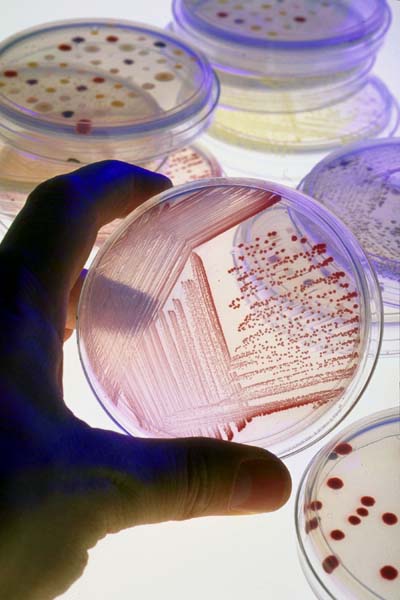New York: Researchers have created miniature replicas of human livers which functioned normally in laboratory conditions.
The development may eventually solve the transplant shortage and also remove the need for powerful drugs to prevent the body rejecting the organ. But it will be at least five years before the technology can be used in hospitals.
The project director, Associate Professor Shay Somer of the Wake Forest Institute for Regenerative Medicine in North Carolina said: “We are excited about the possibilities this research represents, but must stress that we’re at an early stage and many technical hurdles must be overcome before it could benefit patients.
“Not only must we learn how to grow billions of liver cells at one time in order to engineer livers large enough for patients, but we must determine whether these organs are safe to use in patients.”
it is estimated that more than a fifth of patients die waiting for a transplant and many livers have to be discarded because they are too old or too damaged to be of any use.
The technology opens up the prospect of growing other replacement organs, including kidneys or pancreases, for patients who are able to donate stem cells.
Pedro Baptista, co-author, said: “Our hope is that once these organs are transplanted, they will maintain and gain function as they continue to develop.”
The new technique works by effectively chemically stripping the old liver down too its basic “scaffold” or exoskeleton in a process of called “decellularisation”.
Onto this frame of connective tissue and blood vessels, they then regrow the new liver using stem cells from the patient.
Laboratory livers that were nourished for a week began growing and functioning like human organs, they said.
Liver disease is the fifth biggest killer in England and Wales, after heart disease, cancer, stroke and respiratory disease, and the only major cause of death that is still increasing year on year.
Some 16,087 people in Britain died from liver disease in 2008, a 4.5 per cent increase on the previous year, and the number of deaths is predicted to double in 20 years.
Sarah Matthews, for the British Liver Trust, said: “Technology such as this is much needed. Currently supply isn’t meeting demand, and for every one person who receives a liver transplant, 10 people die.
 The research was presented at the annual meeting of the American Association for the Study of Liver Diseases in Boston.
The research was presented at the annual meeting of the American Association for the Study of Liver Diseases in Boston.
